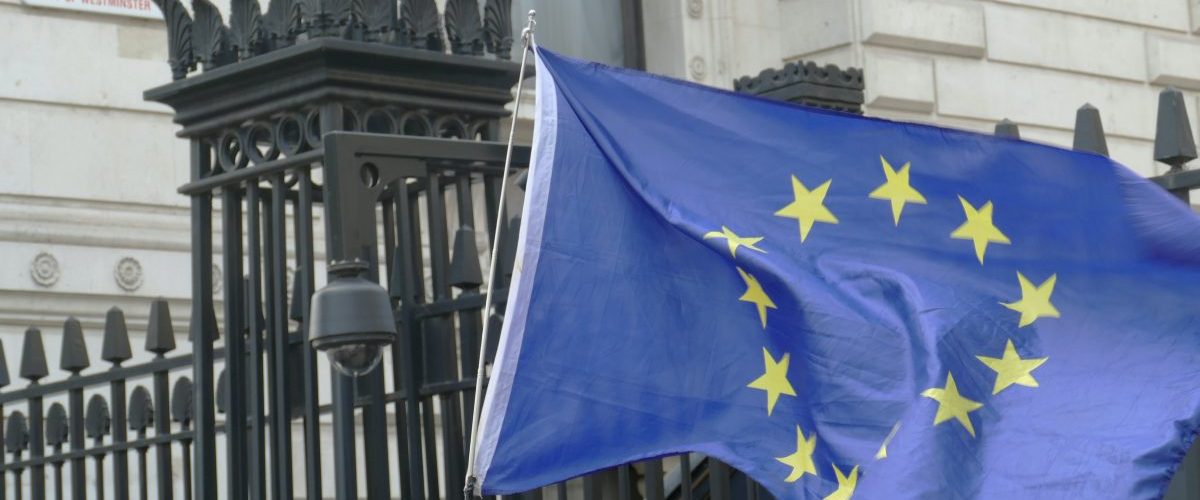- Business-to-Consumer (B2C) Transactions: Distance selling involves transactions between a business and a private consumer located in different EU countries, with the business responsible for transporting the goods to the consumer.
- Taxation and Liability: Excise duties are paid in the destination country where the goods are transported. The consignor (seller) is primarily responsible for these duties, though they may appoint a tax representative in some countries who will assume this liability.
- Avoiding Double Taxation: To prevent double taxation, excise duties paid in the country of dispatch can be reimbursed according to that country’s regulations.
- Consignor Requirements: Before dispatching goods, consignors must register with the competent authority in the destination country, pay excise duties post-delivery, and maintain accurate records of their deliveries.
- Country-Specific Regulations: There are specific national rules regarding excise goods, especially concerning tobacco products, which are prohibited for distance selling in most EU countries. Operators must consult their national regulations and the Taxes in Europe Database for detailed guidance.
Source ec.europa.eu
Latest Posts in "European Union"
- ECJ Opinion Sheds Light on VAT for Ancillary Services in German Accommodation Sector
- Briefing document & Podcast – C-409/04 (Teleos): Physical Movement & Supplier Due Diligence Key for Intra-EU VAT Exemption
- EU boosts tax cooperation with Andorra, Liechtenstein, Monaco, and San Marino
- Briefing document & Podcast: ECJ C-271/06 (Netto Supermarkt) – VAT exemption granted if fraud undetectable with due commercial care
- Switch to New EU Portal for Customs Applications and CBAM Access Starting 2026














